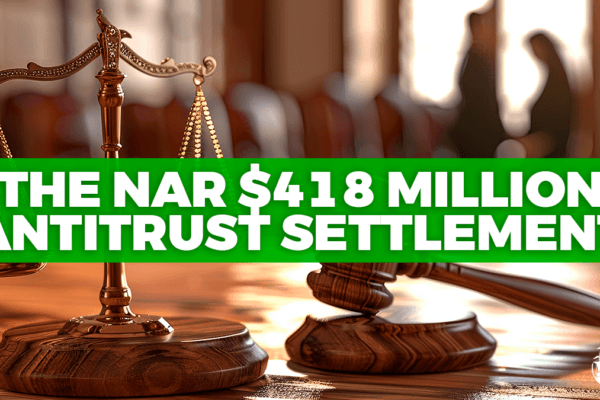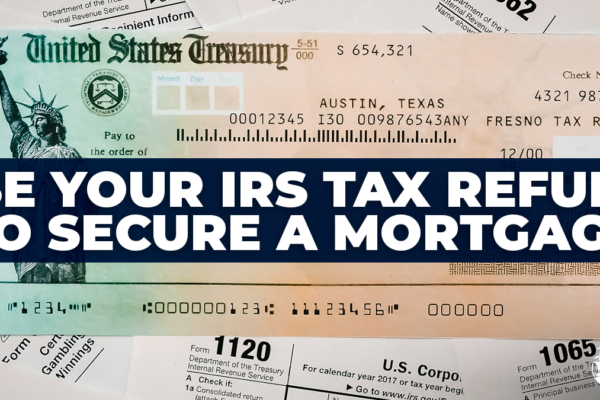Pros and Cons of a House with Solar Panels
As the world shifts towards renewable energy sources, solar panels have become an increasingly popular feature in home design. While buying a house with solar can offer numerous benefits, it also comes with some drawbacks. In this article, we’ll delve into the pros and cons of investing in a solar-powered home.
Solar Panels Pros:
- Renewable Energy Source: The panels harness the sun’s energy, reducing your reliance on fossil fuels and lowering your carbon footprint.
- Energy Savings: Solar cells can significantly reduce your energy bills, saving you money in the long run.
- Increased Property Value: Homes with solar tend to have higher property values and sell faster.
- Low Maintenance: Solar panels require minimal upkeep and are designed to last for decades.
- Government Incentives: Many governments offer tax credits, rebates, and other incentives for installing solar panels.
Solar Panels Cons:
- High Upfront Costs: Purchasing and installing panels can be expensive, although costs are decreasing.
- Intermittent Energy Source: Solar cells generate energy only during daylight hours, requiring backup power sources.
- Space Requirements: Solar panels need significant roof space, which may not be suitable for all homes.
- Aesthetics: Some homeowners may find the panels visually unappealing.
- Battery Costs: Storing excess energy for nighttime use requires additional battery costs.
In conclusion, buying a house with solar energy offers numerous benefits, including renewable energy, energy savings, and increased property value. A high upfront cost, intermittent energy generation, and space requirements are essential considerations. However, homeowners may be eligible for federal and state incentives to cover the upfront costs. Weighing the pros and cons carefully will help you make an informed decision that suits your needs and budget. Embrace the sunshine!





